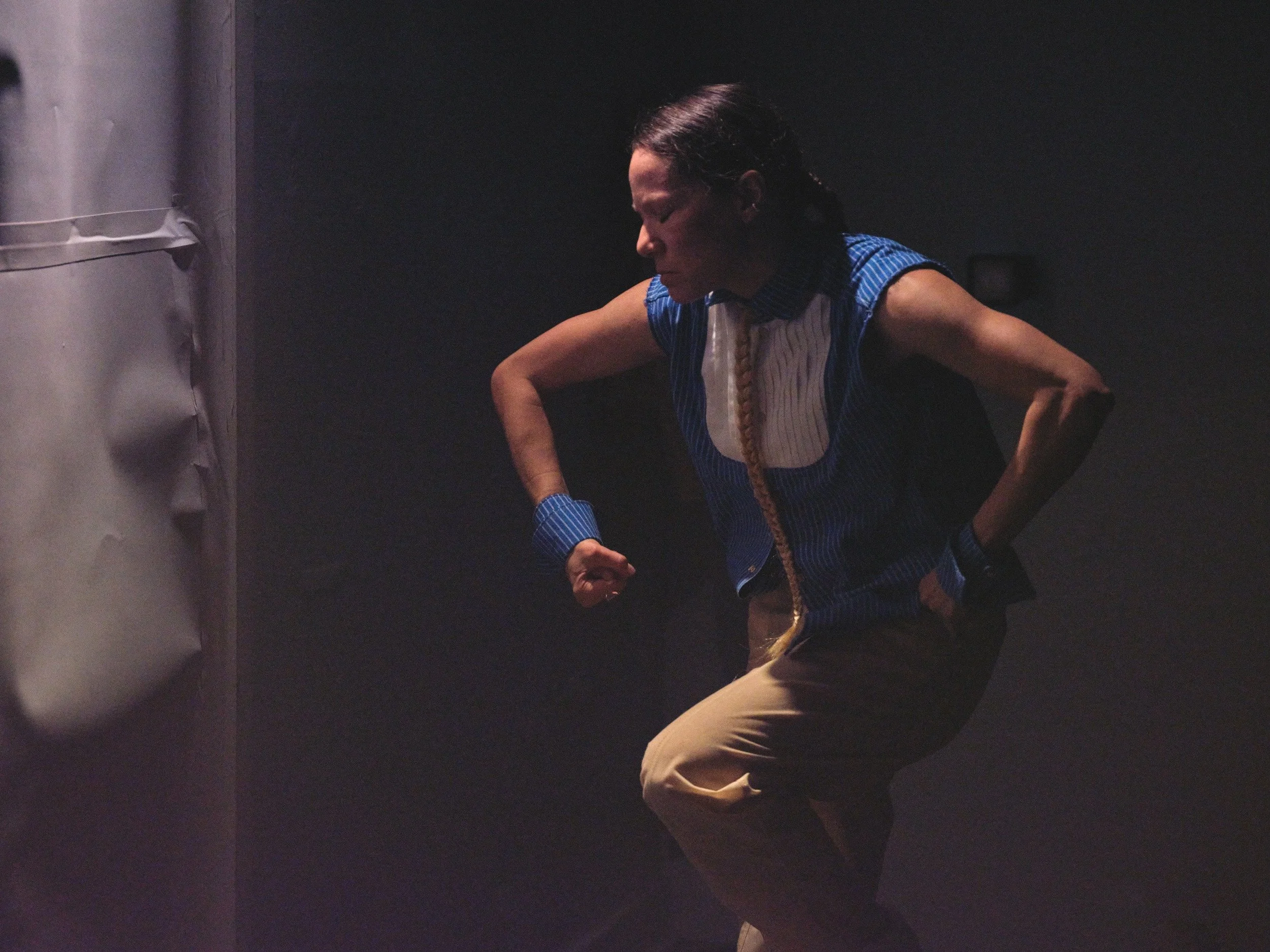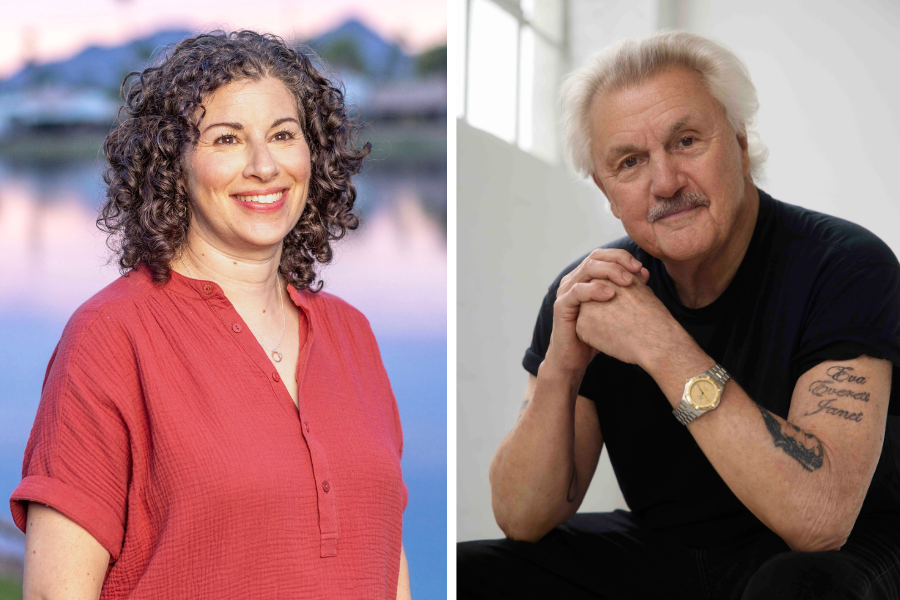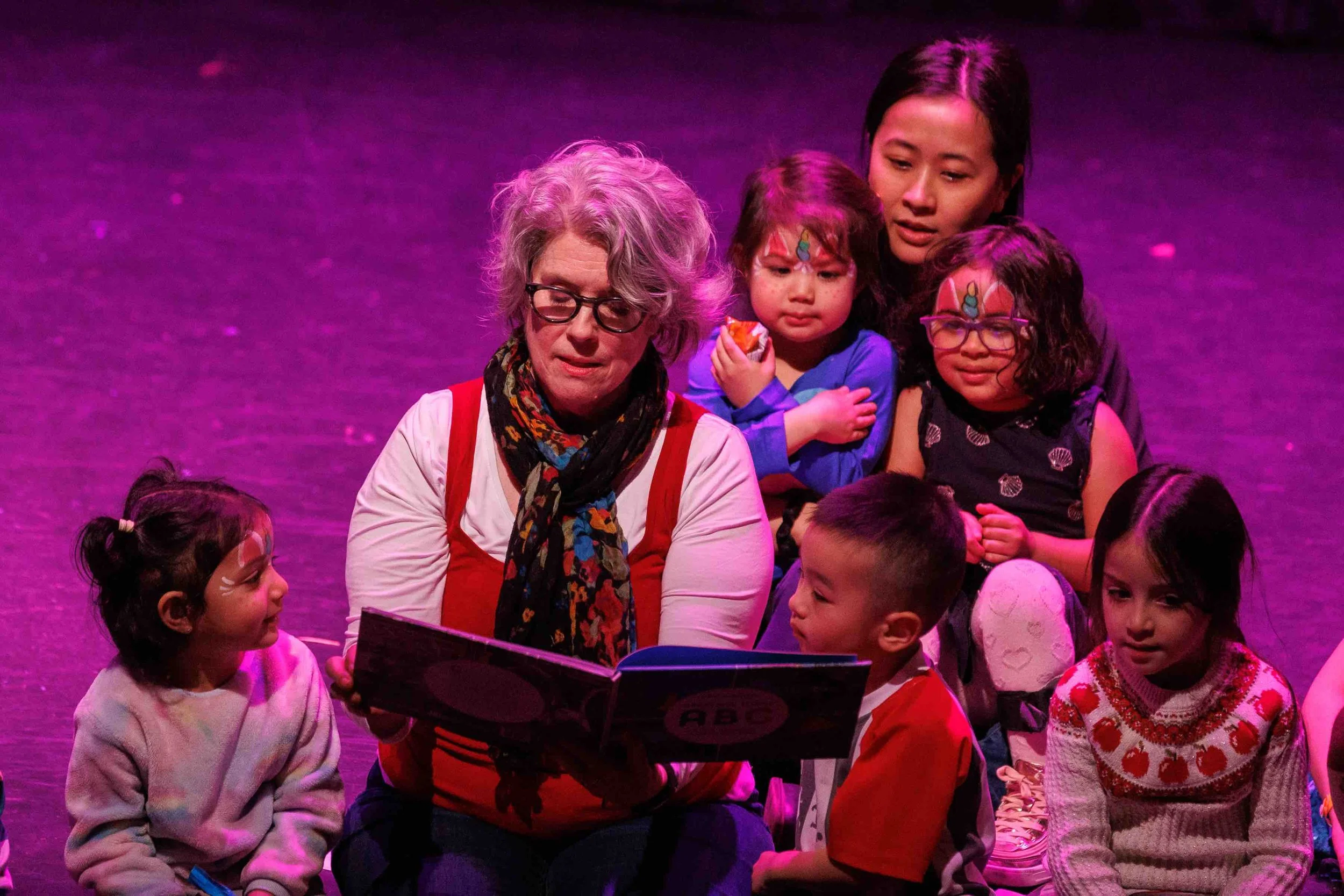Chef Ayelet Latovitch digs deep into Persian Jewish food
Appearing virtually live from Israel at the 2022 Chutzpah! Festival, the culinary artist is inspired by her feminist grandmother
Ayalet Latovitch. Photo by Yael Ilan
Chutzpah! Festival presents Ayelet Latovitch–Persian Jewish Food and Cooking streaming live from Israel on November 21 at 6 pm then available on demand until November 30
A CELEBRITY CHEF in Israel, Ayelet Latovitch shares her Persian Jewish heritage through food. Born and raised in the city of Holon, she went to culinary school in London, worked as a private chef for the British ambassador, has helmed several top restaurants and appeared on TV shows, and now acts as culinary manager at Asif: Culinary Institute of Israel. Food is her life, which is possibly the last thing she envisioned for herself growing up.
“As a really young kid, I didn’t like eating,” Latovitch tells Stir via Zoom from her Tel Aviv home. “I think my interest in food began when I realized the effect food has on my mental state. When I’m enjoying food and tasting new flavours, it’s mind blowing, and it keeps me smiling.
“Then I had a boyfriend when I was 16 who was coming back for a weekend from the army,” she says. “He loved Chinese food, but he didn’t like his mother’s cooking. His mom gave me a cookbook for me to make a meal for him. Then I discovered my ability to affect people through food, to provide pleasure through food. I had the gift of a good hand with cooking; I had it in the tips of my fingers.”
Latovitch has gone on to write, teach, and speak about food and cooking far and wide. That same knack for educating and exciting people about culinary arts is what brings her to the 2022 Chutzpah! Festival. She’ll lead an interactive virtual program called Persian Jewish Food and Cooking. (Latovitch will be live from Israel on November 21 at 6 pm, after which the stream will be available on demand until November 30.) The chef will share a menu drawn from the heritage of her mother’s side of the family.
Her grandmother, Kohrshid Hoshmand, who was born in the early 1920s and who’s a well-known figure in Israel’s Persian community, came from Mashhad in Iran’s northeast. She married a Jewish man who was two decades older than her, and, in their household in Israel, chose to speak Hebrew with her children rather than Farsi. A feminist with a passion for music, culture, and food, the woman has had a profound influence on Latovitch, passing on her zest for life.
Although her grandmother didn’t cook a lot of Persian food at home when Latovitch was younger, she recalls a couple of dishes in particular. She describes ghormeh sabzi as a kind of a sour meat stew with herbs and red kidney beans, and tasak as a sticky rice that is cooked overnight with dried fruits and pomegranate molasses.
“I remember Saturday mornings at my grandmother’s washing dishes and eating, washing dishes and eating: that’s what we did at my grandmother’s house,” Latovitch says. “There’s something about reaching age 30 or 40 when you begin to understand your roots, where you came from, your culture, and what nourished you. Those traditions made me who I am.”
Part of the reason Latovitch has such deep respect for Iranain food is because it is healthy, with its abundance of legumes, pulses, herbs, and greens as well as proteins like fish and meat. Dig deeper and there are principles related to Iranian medicine and how food should correspond to people’s individual tempers. Persian food is neither overly spicy nor overly heavy; it’s not too sweet or bitter. The process of washing, soaking, and boiling the rice, Latovitch says, helps get rid of excess starch. “It has a wisdom when it comes to the effect on the human body,” she says. “It’s gentle on the stomach. I began understanding this essence through my grandmother’s cooking.”
Latovitch is dedicating her Chutzpah! Festival appearance to the people of Iran who are fighting for women’s freedom, as protests continue stemming from the death of Mahsa Amini while in police custody.













